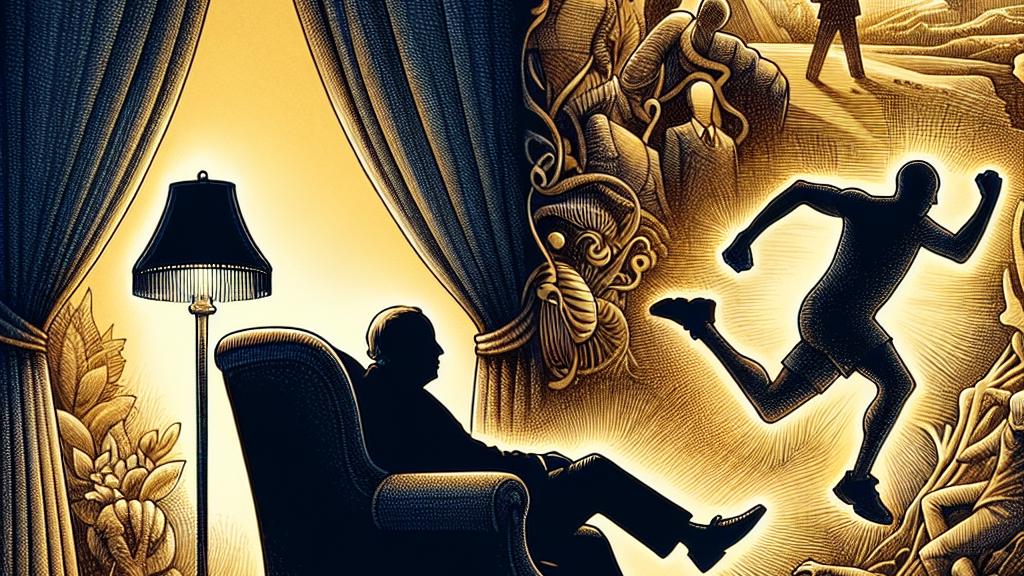The Secrecy of Health Among African Leaders
Overview
- African leaders often hide health issues to project strength and maintain control.
- Political image management hampers open discussions about leaders' health.
- Weak political systems create uncertainty regarding succession during health crises.

The Intriguing Secrets of Leaders’ Health
In the political landscape of Africa, the secrecy surrounding leaders' health is a critical issue that resonates profoundly across the continent. Take Cameroon, where President Paul Biya, who has been in power since 1982, faced mounting rumors about his health. Despite state officials affirming his 'excellent condition,' the media was swiftly curtailed, illustrating a pervasive culture of control and secrecy. Contrast this with Malawi’s President Lazarus Chakwera, who decided to tackle health rumors head-on. By sharing energetic videos of himself jogging and lifting weights, he aimed to reinforce his image of vigor and resilience. This engaging response not only quelled speculation but also highlighted the fundamental expectation in politics: any hint of vulnerability might undermine authority. In societies where strength is often synonymously linked to male leadership, the pressure to showcase health and vitality is immense.
Governance Implications and Challenges
The consequences of maintaining such secrecy are far-reaching, directly impacting governance structures and political stability. When leaders conceal their health status, it fuels public anxiety and speculation, leading to unrest in extreme cases. Consider the precarious situation in Malawi during the 2012 health crisis of President Bingu wa Mutharika. The delay in acknowledging his death sparked widespread uncertainty, revealing how weak political institutions often struggle with succession planning. In stark contrast, nations like Ghana and Zambia have managed transitions more smoothly, thanks to established protocols that maintain clarity during such tumultuous times. Thus, the failure to communicate transparently about leaders’ health can exacerbate vulnerabilities in the political system.
Cultural Dynamics and the Push for Transparency
Cultural perceptions significantly complicate the landscape of health transparency among African leaders. Many view their personal health as a reflection of national stability; this belief creates a challenging environment where health issues are treated as personal and state secrets. Leaders fear that admitting to health problems might be perceived as weak, undermining their credibility and authority. High-profile cases, like that of Nigeria's President Umaru Yar'Adua, who was kept out of public view during his illness, underscore the extremes to which leaders will go to manage their image. While this phenomenon extends beyond Africa, the implications are notably severe in contexts where political power is precarious. Hence, a collective push for transparency and open communication regarding health matters among leaders is crucial for building trust and enhancing political resilience across the continent.

Loading...